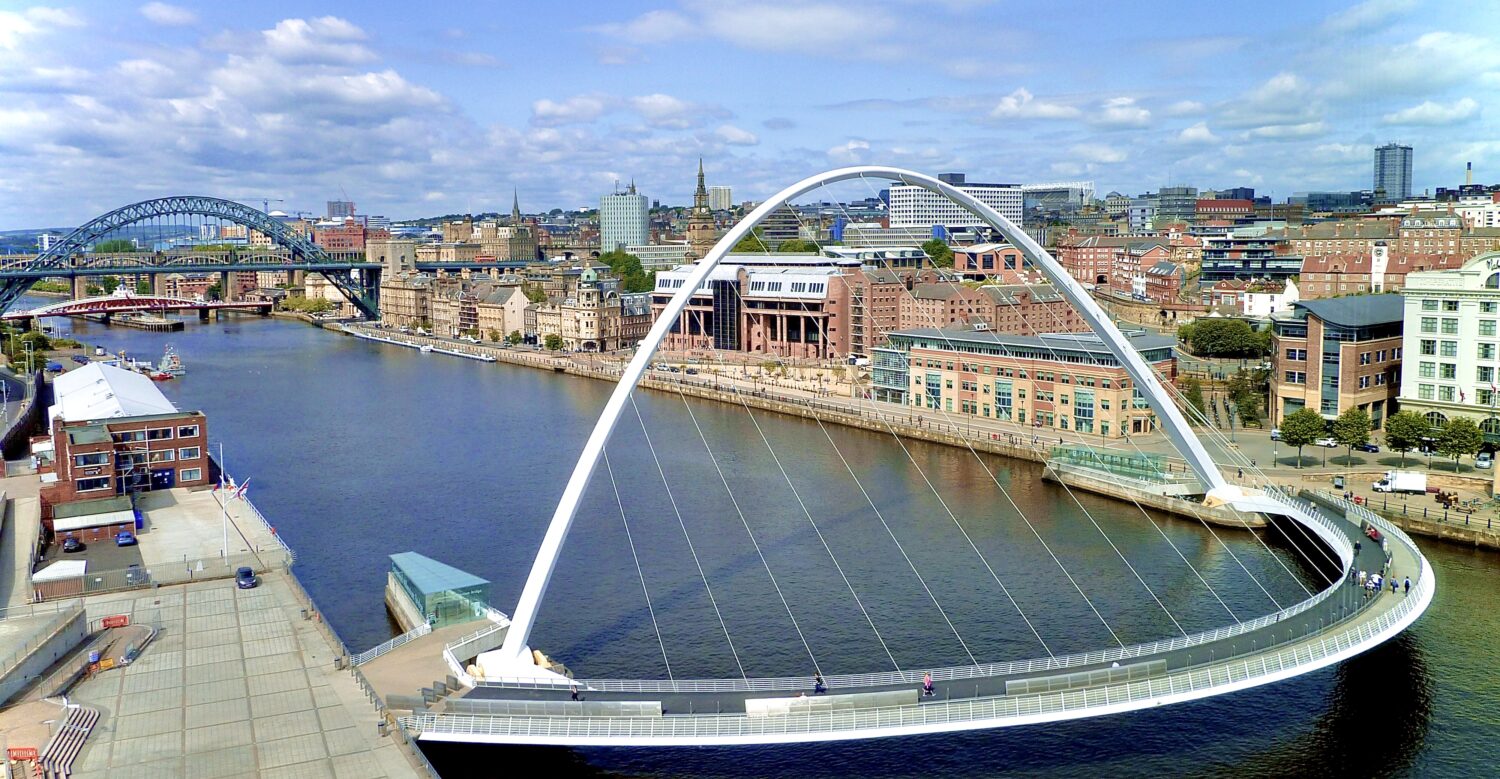Take the power back
The devolution and community empowerment bill is a major step forward, but devolution must now enter a new phase
Among the many retrospectives of the last year in politics, one thing that’s often been lost is the strength of this government’s legislative programme. This week, with little fanfare, the English devolution and community empowerment bill was introduced. It is a case study in how to lay the foundations for both an election victory and for significant change under a second term Labour government.
Some people might argue this bill doesn’t contain much that’s new. And it’s true that it continues the direction of government policy since 2014 – arguably even 2009, when the last Labour government made provision for combined authorities. It mostly confirms what was presented in the white paper late in 2024. But it would be mistake to overlook it. This is a quietly transformative piece of legislation.
The bill enables more local autonomy for ‘strategic authorities’, such as the mayoral combined authorities that govern Greater Manchester and the West Midlands. In turn, this will enable better economic development policy, which means improved bus networks, more tram lines, more homes and better targeted funding for innovation and skills. It means growing local economies – with more and better jobs, which means more money in people’s pockets.
In short, devolution enables mayors and councils to deliver the crucial ingredients of a good quality of life.
This bill sits alongside a number of other recent announcements, which taken together will make a substantial difference to how people experience life in their town or city. That includes the planning and infrastructure bill, investment in social housing, the industrial strategy and the pipeline of transport infrastructure investment.
These measures are slow burners, but they could ignite real change. And while economic development takes a long time to bear fruit, it doesn’t mean the political dividend is beyond reach. People know you can’t build a new train line overnight, but will reward a government that can demonstrate good progress on a longer journey.
The government’s top priority must be to build on all of these policies together, to show a clear plan for all places, and visible progress toward that vision, by the next election. They will also need to explain and mitigate the short-term problems new housing and infrastructure can cause – particularly congestion on roads, or delays on the railways as they are upgraded.
But as devolution takes one big step forward, it is important to keep the end goal clear in mind and look towards that next step too.
The end goal for devolution must be that all places have the powers they need to grow their economies and improve living standards. Devolution needs to enter a new phase to get there.
First, we need much more local fiscal autonomy. The UK is incredibly over-centralised. Five per cent of tax is raised locally, compared with 13 per cent in France and 31 per cent in Germany. And we have half the rate of local economic development spending as a result. The first phase of devolution has focused on more flexibility and spending responsibility for mayoral combined authorities. This bill includes a couple of small additional measures, allowing mayors to use transport levies and community infrastructure levies
But the best way to free up spending, is to free up revenue raising. And the next phase must provide strategic authorities with much greater revenue raising powers. The first step should be simple. Let mayors raise visitor levies. We don’t have to even travel abroad to see these in place. Just this week, the Welsh Government allowed councils to charge one, as Scotland already has. Even in England, cities like Manchester and Liverpool have found roundabout ways of charging similar levies. But these fall short, and now England needs to catch up. And that should just be the start.
Second, local governance and accountability need strengthening. The first phase has created directly elected mayors to be visible figureheads and a chair for a cabinet of council leaders, with a few additional powers of their own. This bill allows mayors to appoint and remunerate commissioners, like London’s deputy mayors.
But id more power is to be devolved, they will need stronger checks and balances. This isn’t just a point of principle – the evidence shows good governance leads to good outcomes.
Finally, we need to build the pan-regional missing link. Strategic authorities have the right footprint to deliver strategic economic development, working hand-in-glove with constituent councils over a rough travel-to-work area. But economic growth will always be held back if our major city-regions remain like islands, disconnected from their hinterland and from other city-regions a stone’s throw away.
There is now consensus on the need for better transport infrastructure across regions. But who will manage their delivery and operation? There is certainly space for collaboration at this geography, and pan-regional initiatives led by mayors, such as the Great North, show that there are other areas where this is crucial too. The bill’s duty for mayors to collaborate is a good first step in this direction, but more will need to be done.
When this bill becomes an act, it will draw to a close the first phase of devolution in England. That phase has emphasised spending power, a stronger executive and a focus on travel-to-work areas. It enables real change to happen across the country. People will see the difference.
But the next phase of devolution needs to start now. The work is far from over.

